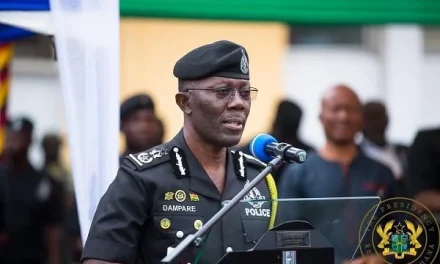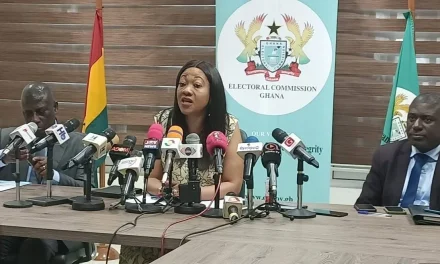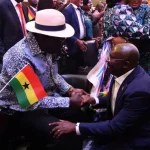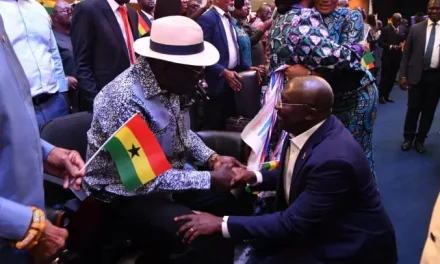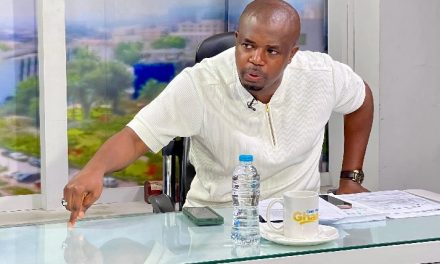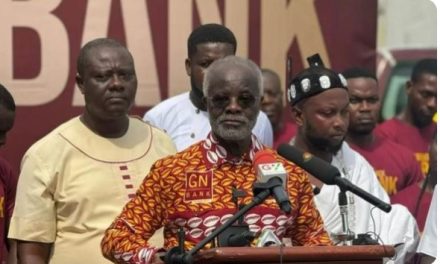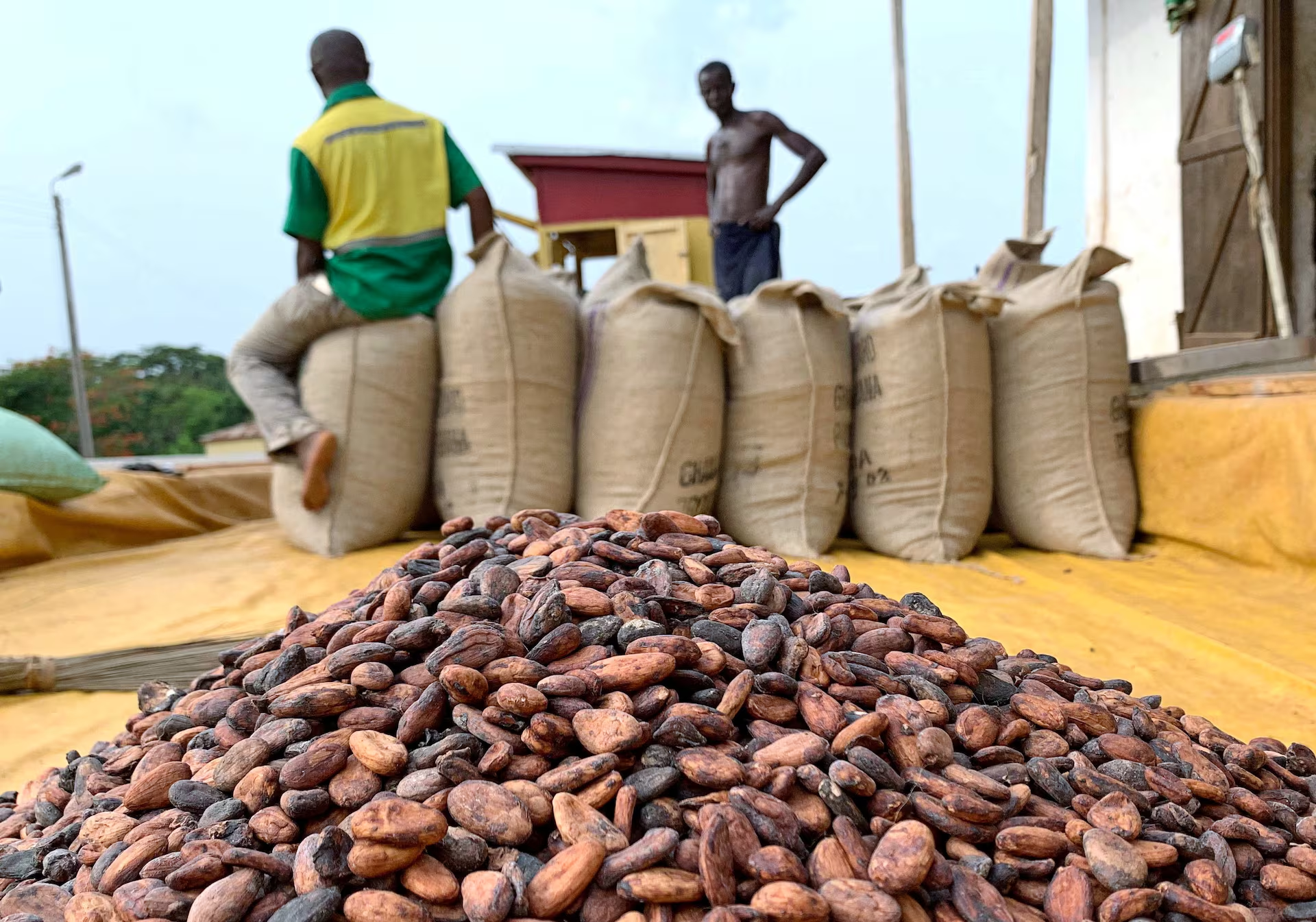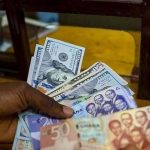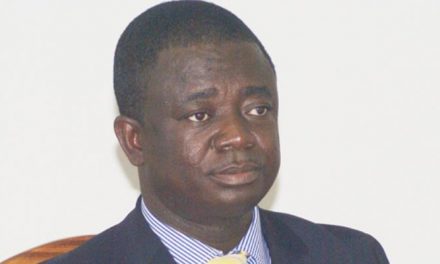
HOPE for trade and industry, job creation in 2021 budget review

The 2021 Budget highlighted a few policy measures and programs that would help to increase the employment rate in the country.
Policies issued through the African Continental Free Trade Area, ‘1 District 1 Factory’, Digitisation of the economy and the ‘e Ghana COVID-19 Alleviation and Revitalization of Enterprises Support (Ghana CARES) Programme’ were highlighted as measures to provided alternative employment pathways for graduates.
President Nana Akufo-Addo recently stated that the government will be announcing projects and programmes under the CARES programme in the upcoming mid-year budget that will help in creating about one million jobs over a three-year period.
President Akufo-Addo made the announcement during his Eid message, as part of this year’s Eid-ul-Adha celebrations at the National mosque on Tuesday, July 20, 2021.
“As has been well-publicised, a few days ago, the Ministry of Finance granted financial clearance to the Ministry of Education and the security services for the recruitment of some 11,800 people to beef up their operations. It does not end there. We will through interventions to be set out in the mid-year budget review announce plans for the creation of some one million more jobs under the Ghana CARES ‘Obaatampa’ project over the course of the next 3 years.”
“We are determined to pursue our agenda for jobs creation in order to give opportunities for our youth to nurture their talents for the development of our country,” he added.
The ‘CARES Programme’ set aside GHS100 billion to provide “economic revitalisation and debt sustainability” for the Ghanaian economy over the next two years (2021-2023).
The programme covered the creation of jobs for young people, and expanding opportunities for the vulnerable in society, including persons with disabilities.
According to the government, the implementation of this initiative has been very successful.
Also expected to be touched on in today’s mid-year budget review is the status of the government’s flagship programmes including the Planting for Food and Jobs, the Free Senior High School programme and the One District, One Factory agenda.
The financial implications of the COVID-19 pandemic led to some workers losing their jobs while others were forced to take salary cuts.
A survey by the Ministry of Employment and Labour Relations on the impact of COVID-19 on employment showed that 40 percent of workers experienced pay cuts between March and June 2020.
As a result, the government instituted a Tripartite Technical Committee to come up with modalities for the implementation of a National Unemployment Insurance Scheme.
Youth unemployment is still a major issue in Ghana and although some people have benefitted from policies such as 1DIF and Planting for Jobs initiatives, there is still a huge unemployment rate in the country.
Many people are expecting the Finance Minister, in his mid-year budget presentation later today, to update the nation on what has been done to address the unemployment deficit and the measures being put in place to consolidate any gains or deal with any challenges.
A former Director-General of the National Development Planning Commission (NDPC), Nii Moi Thompson, has said that economic growth and employment creation should be the primary objective of the Bank of Ghana.
According to him, this is the only way to tackle the unemployment situation in the country.
Nii Moi Thompson made the remark on the back of the #FixTheCountry movement demanding better economic conditions, improved infrastructure and a boost in employment opportunities in Ghana.
Speaking on Citi TV’s Face to Face, Mr. Thompson commended the Finance Minister for recognising and acknowledging the voices of the youth who are sharing their grievances.
He said in order to tackle the issue of unemployment, which was one of the main concerns of the #FixTheCountry campaign, some of the country’s laws would have to be amended, with more focus on creating employment for Ghanaians.
“I am glad that he [Finance Minister] recognised the voices of this young generation of activists who have come to dominate the policy space. But still, he would have to deal with some of the issues they have raised. In order to be successful, we’ll also have to carry out certain reforms, especially in the conduct of monetary reforms by the central bank. For too long, they have been so obsessed with price stability.”
“We need to amend the law again and make economic growth and employment creation the primary objective of the central bank. It’s the only way we can tackle the unemployment situation in the country, there’s no other way. We need to restructure the central bank. In fact, they have to create a labour economics department to help guide policy and of course provide employment. So we need institutional reforms to be able to bring these ideas to fruition,” he added.
—citinewsroom

